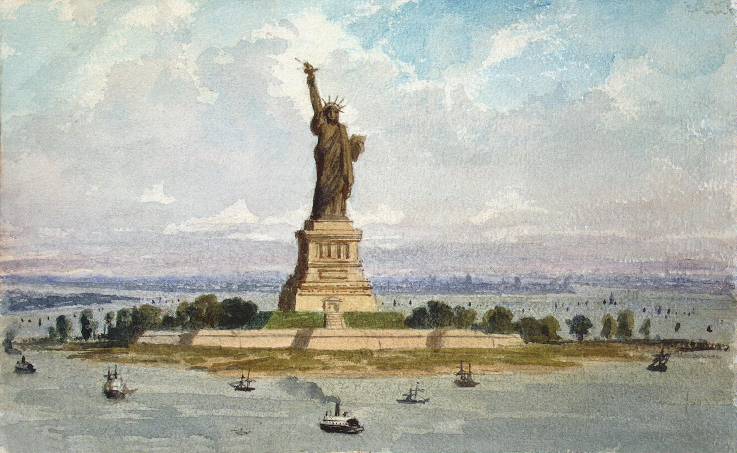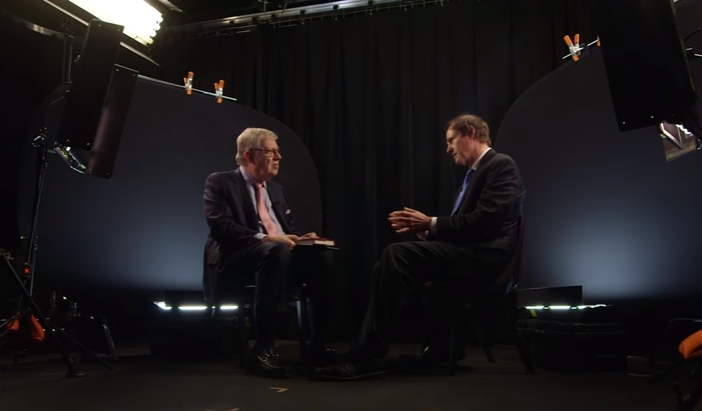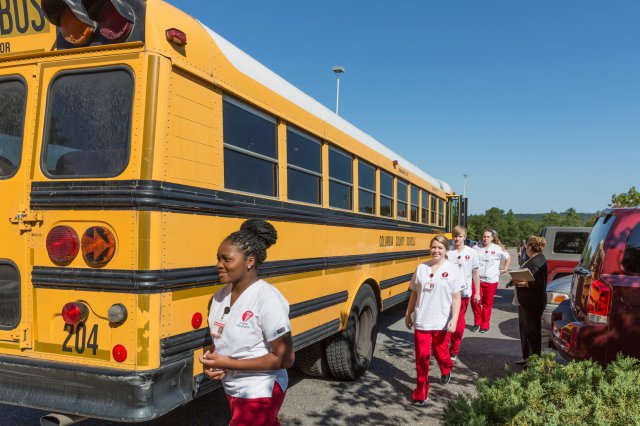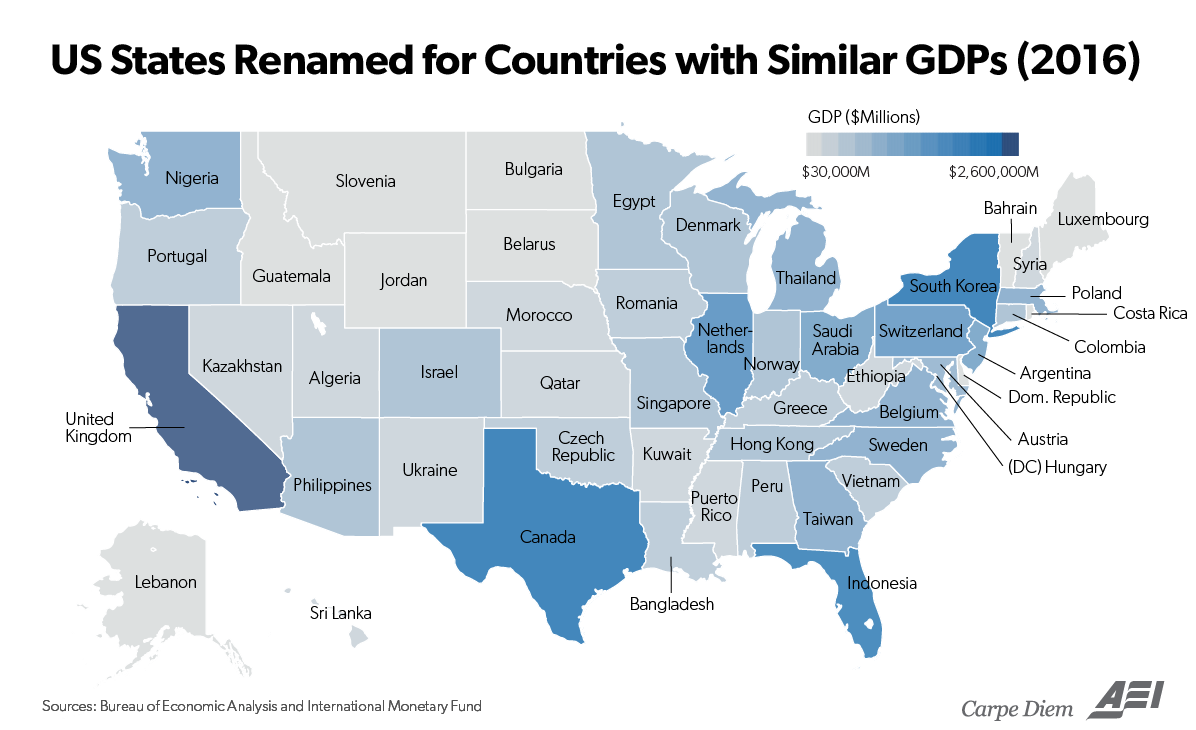How Do We Protect and Preserve Our Liberty?
The U.S. government was established on the foundation that liberty must be protected and preserved from tyrannical forces who would seek to impose their will on the individual.
Thomas Jefferson described the term liberty in the Declaration of Independence as “unobstructed action according to our will within limits drawn around us by the equal rights of others. I do not add ‘within the limits of the law’ because law is often but the tyrant’s will, and always so when it violates the rights of the individual.”
In modern day, liberty is defined as “the state of being free within society from oppressive restrictions imposed by authority on one’s way of life, behavior, or political views.”
Americans talk a lot about how to protect and preserve their liberty. People on both sides of the political aisle wish the same thing — for individuals to be endowed with all their natural rights. The challenge is over what the role of government should be in ensuring it.
For many, liberty means government keeping a light touch on how its citizens conduct their lives, businesses, and associations. Others argue that laws must be enacted to protect small groups of people who would otherwise be restricted to conduct their lives as they wish if left to conform to majority standards.
Self-determination is a key factor. So, is the role of government to ensure that all people are treated equally and free from societal encumbrances, or is the government’s role to guarantee that each individual has basic rights and it is up to the individual to exploit his or her own abilities to their fullest potential? Are these roles in contradiction, and why is it so difficult for the political left and right to agree on how to achieve liberty when they agree that it is a basic endowment?
TPOH explores the role and responsibility of government in ensuring liberty as it impacts Americans’ ability to work, express their faith, conform to regulations and policies, express their personal rights, experience physical security, explore opportunities, and pursue their mental and physical health.

Learn More About “Liberty”

Can We Reverse the Trend of Working-Age Adults Who Don’t Work?
Ten million working-age adults were receiving food stamp benefits in 2015, were not receiving disability benefits, and were not employed. This number of nonworking able-bodied adults is something that experts from both political parties agree. And this nonwork is...
read more
Facebook and Democracy: Social Media’s Coarsening Impact on the Public Square
Could Twitter diminish your tolerance for opposing ideas (as well as your productivity)? Is Facebook bad for democracy? Facebook, Twitter, YouTube, Reddit, and other social media platforms are set up to show people content that they are already likely to agree with,...
read more
Reagan’s Legacy? ‘Privatization’ Is a Dirty Word
Ronald Reagan was big on running the federal government more like a business, and proposed broad ideas to get the private sector to take over some of the jobs government was doing. These public-private partnerships helped pump the economy, and it seemed to make more sense for these jobs to be done by companies whose business it was to do this kind of work. But now, in the era of billionaire President Donald Trump, any discussion of privatization turns nasty, and it’s Ronald Reagan’s legacy that is getting beat up in the process.
read more
The Always Entertaining State GDP Map Is Back
University of Michigan-Flint Economics Professor Mark Perry annually produces a very helpful visual tool: a state GDP map that compares how each U.S. state’s economy matches up to a corresponding country of equal output.
It’s a great way to see how enormous the United States’ GDP is compared to the rest of the world.
read moreMore Stories
‘By Any Means Necessary’ on an Upswing? How to Stop Campus Violence
A major uptick in violence on college campuses has been reported lately, concerning many over whether violence as a means of protest has returned to being in vogue after a long dormant state. Is there a way to put an end to campus violence? Former Sen. Jim Talent has some ideas.
Intelligence on Wikileaks: Why Can’t America Trust Its Own Spies?
Whereas HUMINT can be kept under wraps, for the most part, because so few people are involved in the planning and execution, electronic intelligence is very difficult to manage secretively, even among members allegedly on the same team.
Loving v. Virginia: Has America Finally Caught On to ‘Land of the Free’?
“Race remains a potent and often divisive force in our society,” President Obama said in his farewell speech a week before leaving office. Undeniably, race relations appear to have taken a turn for the worse in the last eight years, but no matter the cause, Americans have come a long way toward accepting interracial relationships.
What’s Better Than Nationalism? Internationalist Nationalism
Can “internationalist nationalism” appeal to those who wish to protect what they have and also demonstrate the benefits of others succeeding? It would probably depend on understanding what internationalist nationalism is. First, the word...
Farewell, Thomas Sowell, Thanks for the Memories
Thomas Sowell is retiring his column from Creators Syndicate. If you’re unfamiliar with the man, you’ve been missing out, probably while hiding under a rock. Sowell is a senior fellow at the Hoover Institution, Stanford University, holding Rose and Milton...
Tom Price, an HHS Secretary Focused on Helping People Work?
Donald Trump named Rep. Tom Price, the congressman from Georgia who is currently chairman of the House Budget Committee, to lead the Health and Human Services (HHS) Department, which is fitting since Price is a doctor, a rarity in the position, but important because Price is also a strong proponent of eliminating waste and reducing the misuse of taxpayer money. The cherry on top of the selection is what Price’s nomination, and a few others, means for anti-poverty programs, or more specifically, government’s role in helping people who actually are in poverty.
Does the Federal Government Have to Be in Washington?
Want to decentralize the federal government, start by decentralizing where the federal government resides. That’s the suggestion from economist Paul Kupiec, who suggests that there’s no real reason why all federal agencies need to be in the nation’s capital.
Giving Thanks This Thanksgiving to the Invisible Hand and The Grocery Store
Here’s another “aha” moment to remind us why we may want to be giving thanks this Thanksgiving to economic liberalism as well as the grocery store. Mark Perry of the Carpe Diem blog notes that in real dollars the cost of a Thanksgiving turkey in 2016...
Smugness vs. Humility: What Works in Conservative and Progressive Leadership
Remember the letter that George H.W. Bush wrote to Bill Clinton after the 1992 presidential election? He left it in the desk at the Oval Office for Clinton to receive post-inauguration. The letter was considered the mark of civility in that a defeated Bush wished...
How Trump Can Improve Antipoverty Programs
With the presidential election in the rear view mirror, Washington and the rest of the country are now turning attention to what President Trump will mean for public policy. What would Trump do for antipoverty programs? Given Trump’s early focus on relieving...





